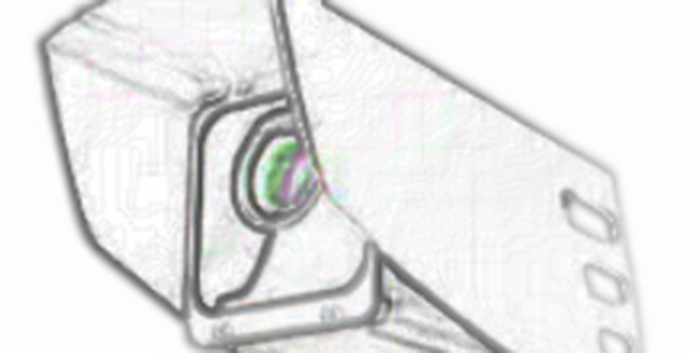In recent times, like vegetation, along our roads we see many new cameras.
Workers have been found installing these new type electronic eyes on some bridges and along several important axes.
These new cameras are of a particular type (ANPR camera) and allow a very modern use.
Among other things, they make it possible to check all number plates passing within its field of action, to check whether the vehicle has been identified as stolen, whether the insurance and any other vehicle taxi fees have been paid (as well as fines for driving, technical control, etc.
The speed will also be measured on certain axes or on the police vehicles comprising this device.
As soon as an ifraction is identified, the competent authority, nearby police, customs or others will be notified immediately.

This will facilitate the entry control of certain cities or areas as well as the possibility of prohibiting the movement of vehicles whose polution standards exceed the maximum allowed threshold.
All data collected in this way will be centralized with a state-approved organization that will process the data and erase it after one week. "Customized" databases may be added to the file for comparison (tax fines, unpaid, etc.)
This new system is not inconsequential at the budgetary level. It should cost about thirty million euros to its installation this including the computer system.
To this must be added an annual budget for its maintenance as well as the payment of the staff in charge of the system.
It is estimated that about one thousand cameras on motorways and between one thousand and two thousand cameras on the rest of the network.
In the immediate future, these cameras should make it possible to check the offenses mentioned above, as well as the proper wearing of the seatbelt and the use of a mobile phone while driving.
Other offenses will be detected in the future. For example, it is expected that these cameras are coupled to a facial recognition system, to identify individuals wanted (banditry, terrorism, ...).
Should we ask the question
of individual freedom that may be restricted in the future for the purpose
to increase the safety of all? |